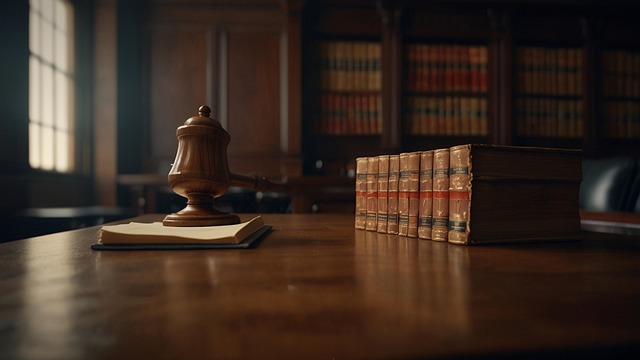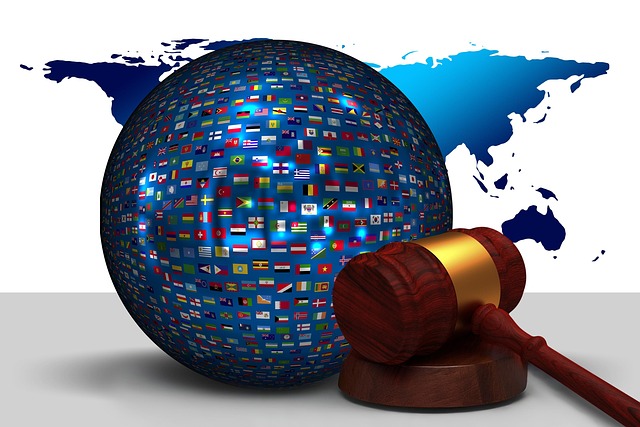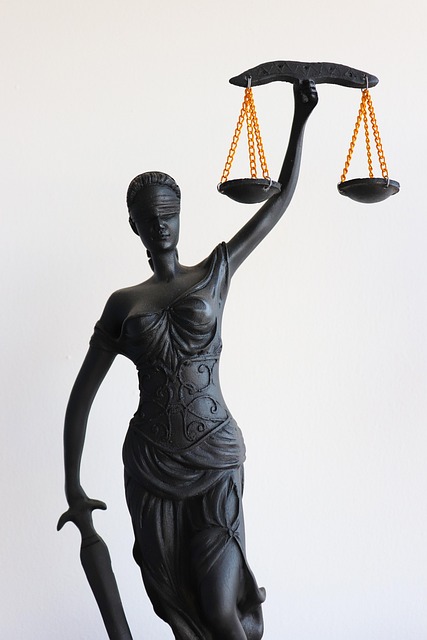Whistleblower protection lawsuits demand a strategic approach to combat potential jury biases. In these cases, understanding both legal nuances and societal perceptions is key to achieving favorable outcomes. By addressing preconceived notions about whistleblowers and presenting compelling evidence, successful verdicts can be secured, protecting individuals who expose corruption and upholding justice for the greater good. Gaining insights into jury biases in criminal cases, driven by societal stereotypes and unconscious prejudices, is critical for fair trial proceedings, especially in white-collar crime cases where individual moral stances may clash with organizational interests. Strategic jury selection and innovative defense techniques can lead to more balanced outcomes.
Whistleblower protection lawsuits play a pivotal role in safeguarding public interest by enabling individuals to expose illegal activities within organizations. These suits, however, face unique challenges, especially when it comes to Understanding Jury Biases in Criminal Cases. This article delves into the intricacies of whistleblower protection laws, exploring key aspects like the role of juries, addressing potential biases, and strategies for effective legal representation. By examining these factors, we aim to enhance the fairness and success of cases that rely on whistleblowers’ courage.
- What are Whistleblower Protection Lawsuits?
- The Role of Juries in Whistleblower Cases
- Addressing Jury Bias: Challenges and Solutions
- Strategies for Effective Whistleblower Legal Representation
What are Whistleblower Protection Lawsuits?

Whistleblower Protection Lawsuits are legal actions initiated by individuals who expose illegal or unethical activities within an organization. These lawsuits are designed to protect whistleblowers from potential retaliation, such as termination, harassment, or discrimination, for reporting wrongdoings. When a whistleblower files a lawsuit, they are seeking justice not only for themselves but also for the greater good of exposing corruption or misconduct that could harm the public. Understanding jury biases in criminal cases is crucial for achieving extraordinary results in these complex legal battles.
In the context of general criminal defense, navigating whistleblower protection lawsuits requires a deep understanding of both the law and potential biases within the justice system. Whistleblowers often face an uphill battle when presenting their cases to juries, as there may be preconceived notions or misunderstandings about their motivations. However, with compelling evidence and effective challenging defense strategies, it is possible to win challenging defense verdicts and ensure that whistleblowers receive the protection and recognition they deserve for their courageous actions.
The Role of Juries in Whistleblower Cases
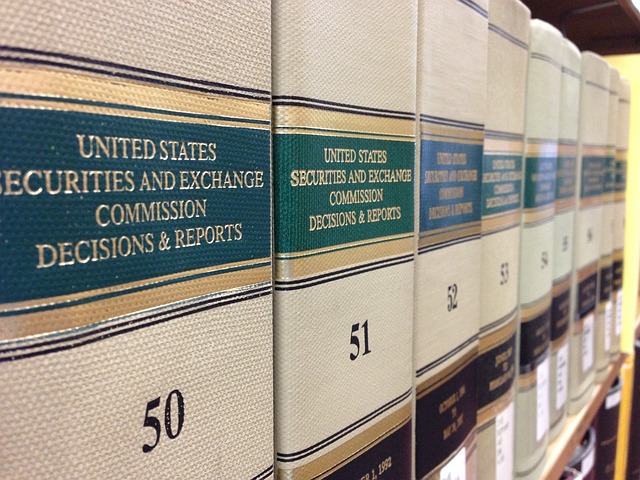
In whistleblower protection lawsuits, juries play a pivotal role in upholding justice. Understanding jury biases in criminal cases is essential to ensuring fair trials, especially in high-stakes cases that often involve significant financial and reputational consequences for both whistleblowers and the organizations they expose. While juries are tasked with objectively evaluating evidence and deciding on guilt or innocence, historical and social factors can influence their decision-making, a phenomenon known as jury bias. Recognizing these biases is crucial to maintaining integrity in the legal system.
Juries, composed of individuals from diverse backgrounds, including philanthropic and political communities, bring varying perspectives to the courtroom. This diversity can enrich deliberations but also introduce potential biases. For instance, whistleblowing cases often pit an individual’s moral stance against organizational interests, which may prompt juries to consider broader societal implications. By being attuned to these dynamics, lawyers and judges can better navigate jury trials, ensuring that the outcome reflects a fair and impartial assessment of the evidence presented, thereby safeguarding the integrity of whistleblower protection lawsuits.
Addressing Jury Bias: Challenges and Solutions
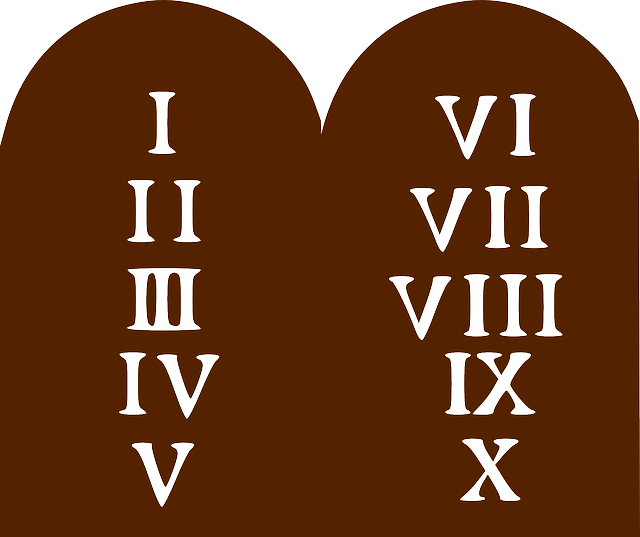
Understanding Jury Biases in Criminal Cases is a complex issue that can significantly impact whistleblower protection lawsuits. While jurors are expected to render decisions based on evidence presented, historical and unconscious biases can influence their perception. These biases, often rooted in societal stereotypes and preconceived notions, may lead to unfair judgments, particularly in cases involving sensitive topics like white-collar crime. For instance, there’s a prevalent stereotype that those accused of financial crimes are inherently dishonest, which could prompt bias against whistleblowers seeking justice for corporate malfeasance.
Addressing these biases requires strategic approaches. One solution lies in meticulous jury selection processes where both parties can challenge potential jurors to uncover and mitigate biases. Additionally, legal teams engaged in white-collar defense can employ innovative presentation techniques that humanize defendants and emphasize the complexity of the cases. By presenting compelling narratives and evidence across the country, winning challenging defense verdicts becomes more achievable, ensuring a fairer process for all involved parties.
Strategies for Effective Whistleblower Legal Representation

Effective whistleblower legal representation requires a deep understanding of both the law and the unique dynamics at play in these cases. One key strategy is to navigate jury biases in criminal cases, which can significantly impact the outcome. Juries often bring pre-existing perceptions about whistleblowers, especially in cases involving white collar offenses. Lawyers should be prepared to counter these biases by presenting compelling evidence of the whistleblower’s integrity and motivations. This might include highlighting their altruistic actions, such as exposing corporate fraud that benefits the philanthropic and political communities, thereby fostering trust with the jury.
Moreover, legal representatives must tailor their approach based on the type of client. When representing corporate clients, strategies may differ from those used for individual whistleblowers. For instance, balancing the need to protect the company’s reputation while upholding the whistleblower’s rights requires a nuanced approach. Conversely, when advocating for individual clients, lawyers can emphasize personal stories and the broader impact of exposing corruption, appealing to both corporate and individual clients alike.
Whistleblower protection lawsuits play a vital role in upholding justice by empowering individuals to expose wrongdoing. Navigating these complex cases requires a deep understanding of jury biases, as these influences can significantly impact the outcome. By addressing potential preconceptions and implementing strategies to mitigate bias, lawyers can ensure fair trials for whistleblowers. Through effective legal representation that leverages robust evidence and transparent communication, whistleblowers can find recourse while contributing to a more accountable society, ultimately fostering a culture of ethical conduct and transparency.
